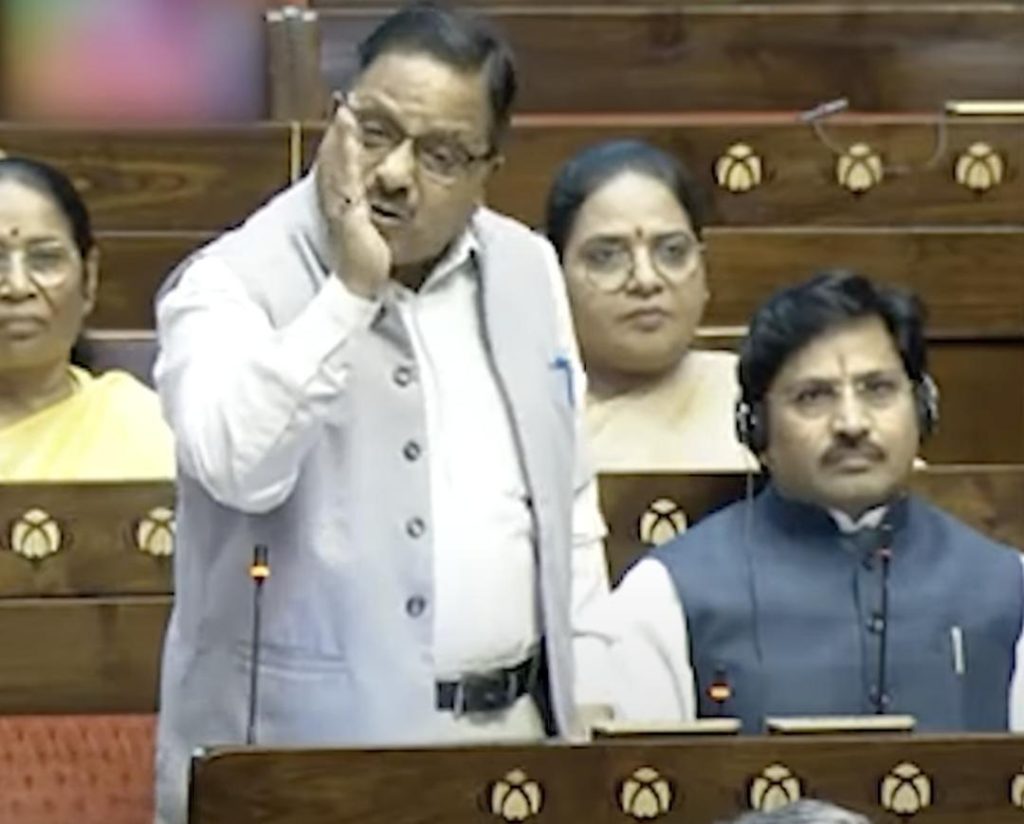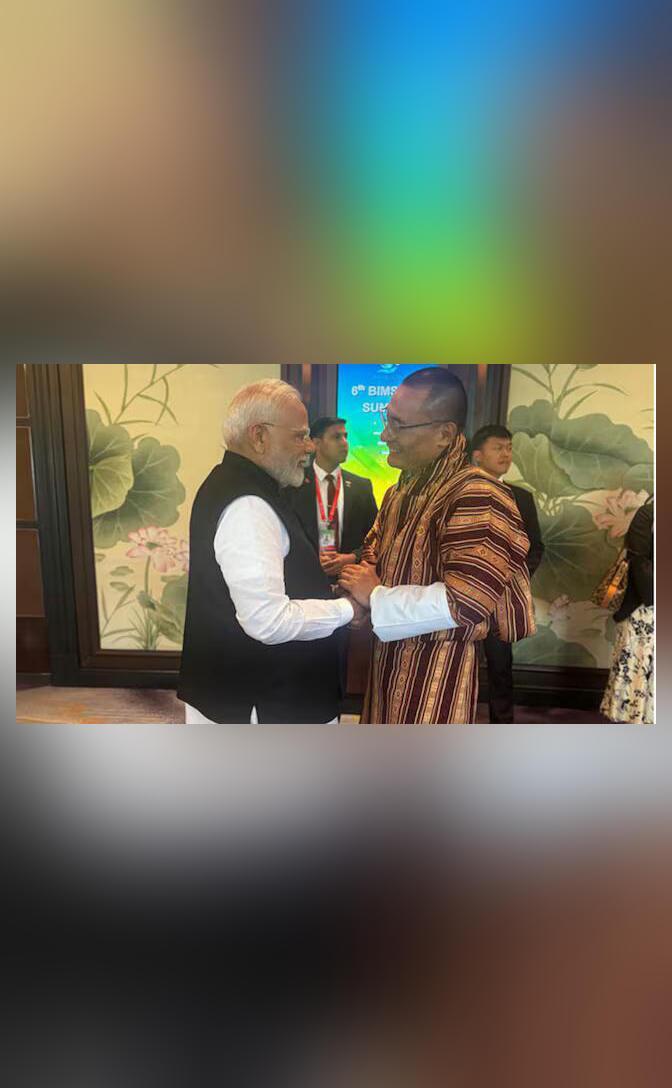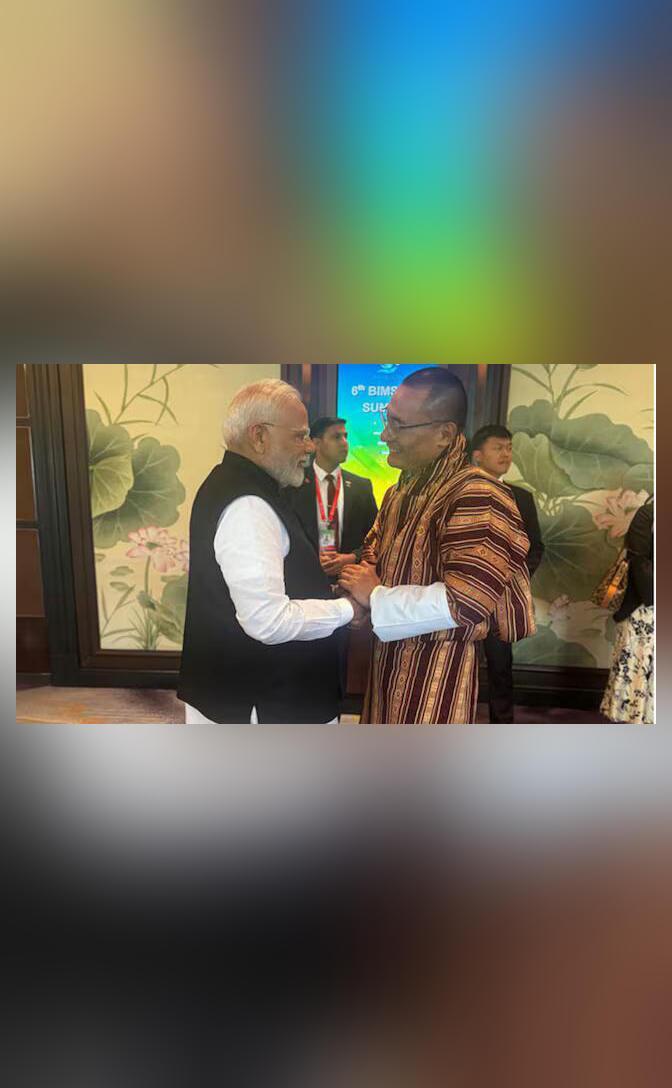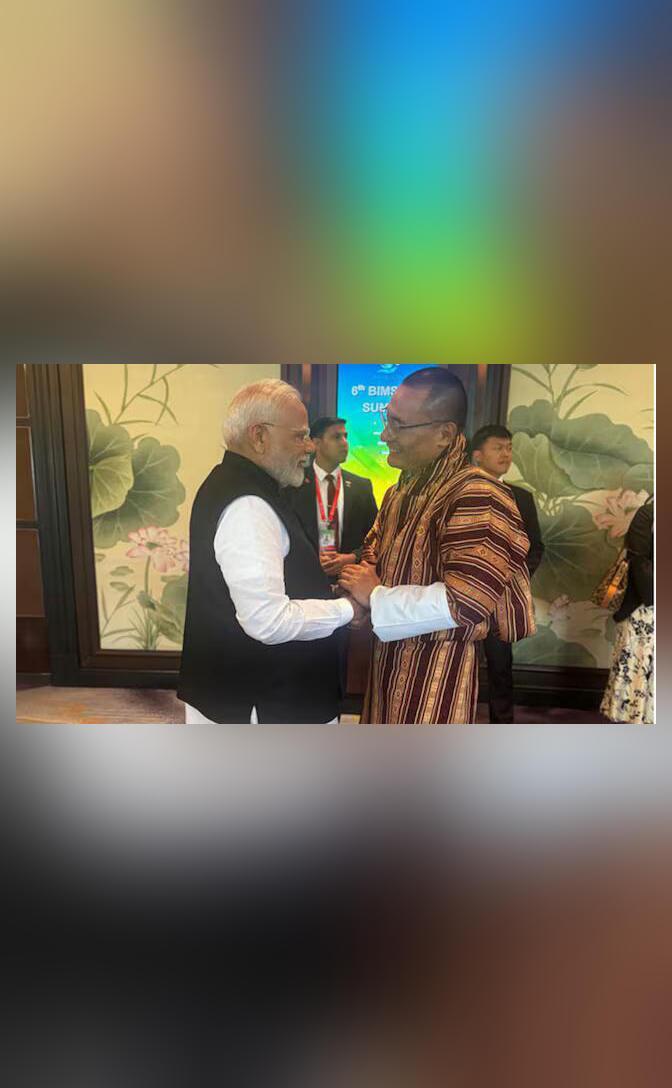
Should I Read Quran and Tell You What’s Written in It: BJP MP Radha Mohan Das on Waqf Bill
The Waqf Bill, a contentious piece of legislation aimed at regulating Islamic charitable trusts in India, has sparked intense debate in the country’s parliament. Amidst the heated discussions, BJP MP Radha Mohan Das made a provocative statement that has left many wondering about the nature of faith, governance, and the role of scripture in public life. In this blog post, we will delve into the context of the Waqf Bill, the remarks made by Radha Mohan Das, and the implications of his statement on the relationship between religion and politics.
The Waqf Bill, which has been a subject of controversy for some time now, seeks to reform the Waqf Act of 1954. The bill aims to decentralize the management of Waqf properties, increase transparency and accountability, and provide for the allocation of funds for the maintenance and development of these properties. The bill has been criticized by some sections of society, who argue that it seeks to interfere with the autonomy of Islamic charitable trusts and undermine the rights of Muslim individuals.
During the discussion on the Waqf Bill, Radha Mohan Das, a BJP MP from Uttar Pradesh, made a statement that has drawn widespread attention. He asked if he should read the Quran, the holy book of Islam, and tell the public what is written in it. This statement was made in response to allegations that the Waqf Board, which manages Waqf properties, has failed to maintain proper records of its properties and transactions.
Radha Mohan Das’s statement was aimed at highlighting the alleged lack of transparency and accountability within the Waqf Board. He pointed out that the Quran emphasizes the importance of maintaining written records of transactions, even if it involves a small amount of money. He quoted a specific verse from the Quran that reads, “And if you give one who is grateful and you are grateful, it is better for the one who is grateful.” (Quran, 2:261) He then went on to say, “The Quran says that even if one rupee is given to anyone, there should be a written record…And you say you have so many properties without a record.”
Radha Mohan Das’s statement has sparked a heated debate about the role of scripture in public life. While some have seen his statement as an attempt to troll the Muslim community, others have praised him for highlighting the importance of transparency and accountability. Critics of Radha Mohan Das argue that his statement is an attempt to undermine the faith of Muslims and create a wedge between the Hindu and Muslim communities.
On the other hand, supporters of Radha Mohan Das argue that his statement is a legitimate critique of the Waqf Board’s lack of transparency and accountability. They argue that the Quran’s emphasis on maintaining written records is a universal principle that applies to all transactions, regardless of faith or community.
The debate surrounding Radha Mohan Das’s statement has also raised questions about the relationship between religion and politics. In a democracy, it is essential to separate the two and ensure that religious beliefs and political decisions do not get conflated. However, in practice, this separation is often difficult to maintain, and religious beliefs and values can influence political decisions.
In the context of the Waqf Bill, Radha Mohan Das’s statement has highlighted the need for greater transparency and accountability within the Waqf Board. The bill aims to achieve this by decentralizing the management of Waqf properties and increasing the involvement of local communities in the management of these properties. This approach has the potential to promote greater accountability and transparency within the Waqf Board, while also ensuring that the rights and interests of Muslim individuals are protected.
In conclusion, Radha Mohan Das’s statement about reading the Quran and telling the public what is written in it has sparked a heated debate about the role of scripture in public life. While some have seen his statement as an attempt to undermine the faith of Muslims, others have praised him for highlighting the importance of transparency and accountability. The debate surrounding the Waqf Bill and Radha Mohan Das’s statement has also raised questions about the relationship between religion and politics. Ultimately, the key to resolving these debates lies in promoting greater transparency, accountability, and inclusivity within the Waqf Board and other institutions that manage religious properties.
News Source:
https://www.youtube.com/watch



